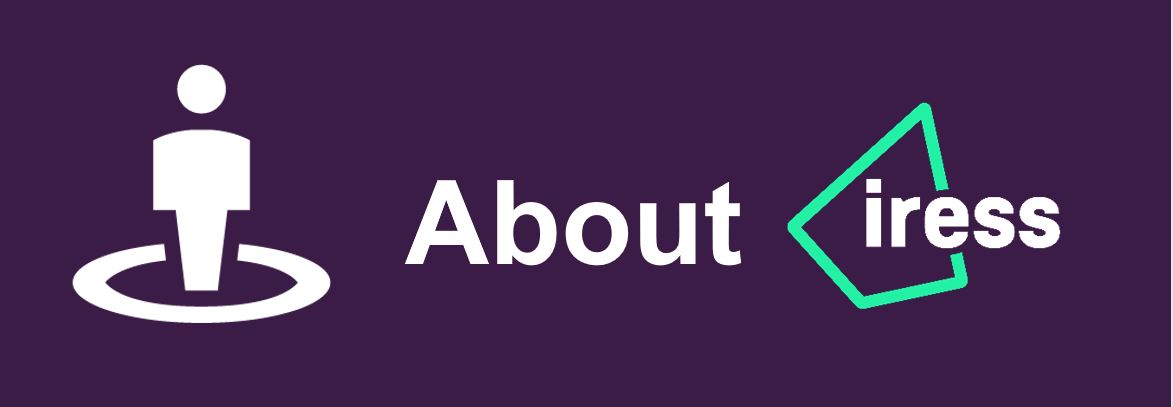Taking a break? Don't forget your super.
Written and accurate as at: Mar 10, 2016 Current Stats & Facts

Changing employment hours or taking career breaks are an increasingly common trend, whether due to family commitments, health reasons, to pursue further study, volunteer or travel. Whatever the reason, if you choose to take some time away from work, you might like to consider how you can maintain your superannuation contributions and stay on track towards your retirement savings goals.
Research shows that the loss of regular super contributions during a career break can have a material effect on a person’s long-term superannuation savings. For example, the Australian Superannuation Funds Association reports that women taking a career break to have children miss out on up to $50,000 in super by the time they reach retirement.
If you are considering taking a break from work, or you already have, there are things you can do that will help manage the potential super gap:
1. Check whether you qualify for a government co-contribution. This is a matching contribution that the government makes for low income earners who contribute to super out of their after tax income. The maximum co-contribution is $500. You may qualify for a part co-contribution if your total income for the financial year is less than the higher income threshold ($50,454pa for 2015-16).
2. Separately, if you earn less than $37,000 per year you may be eligible for a contributions tax refund under the low income super contribution scheme. Note, this scheme applies until 30 June 2017.
3. If you have a spouse, consider spouse contributions. Depending on how much income you earn, your spouse may be eligible for an 18% tax offset for any after tax super contributions he or she makes to your account. This applies up to a limit of $3,000 each financial year.
4. Talk to your spouse about super splitting. This allows your spouse to divert a portion of their before tax contributions to super into your account in certain circumstances. You can find out more about super splitting in this short video.
5. Upon returning to work, consider topping up your super. You can do this via salary sacrifice or by making contributions after-tax.
And remember, a career break may also require readjustment of your financial plan, so make time to talk to your financial adviser.













